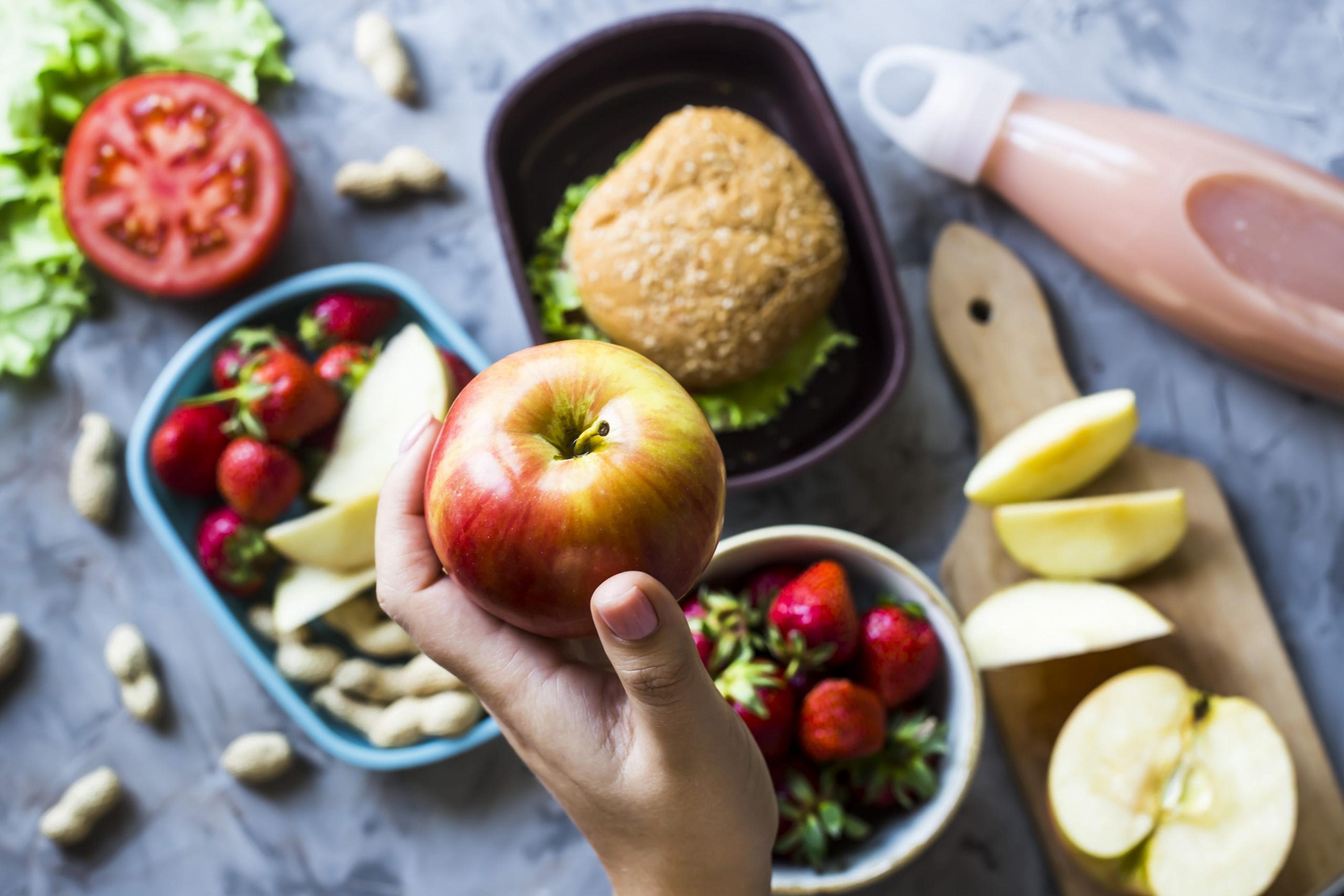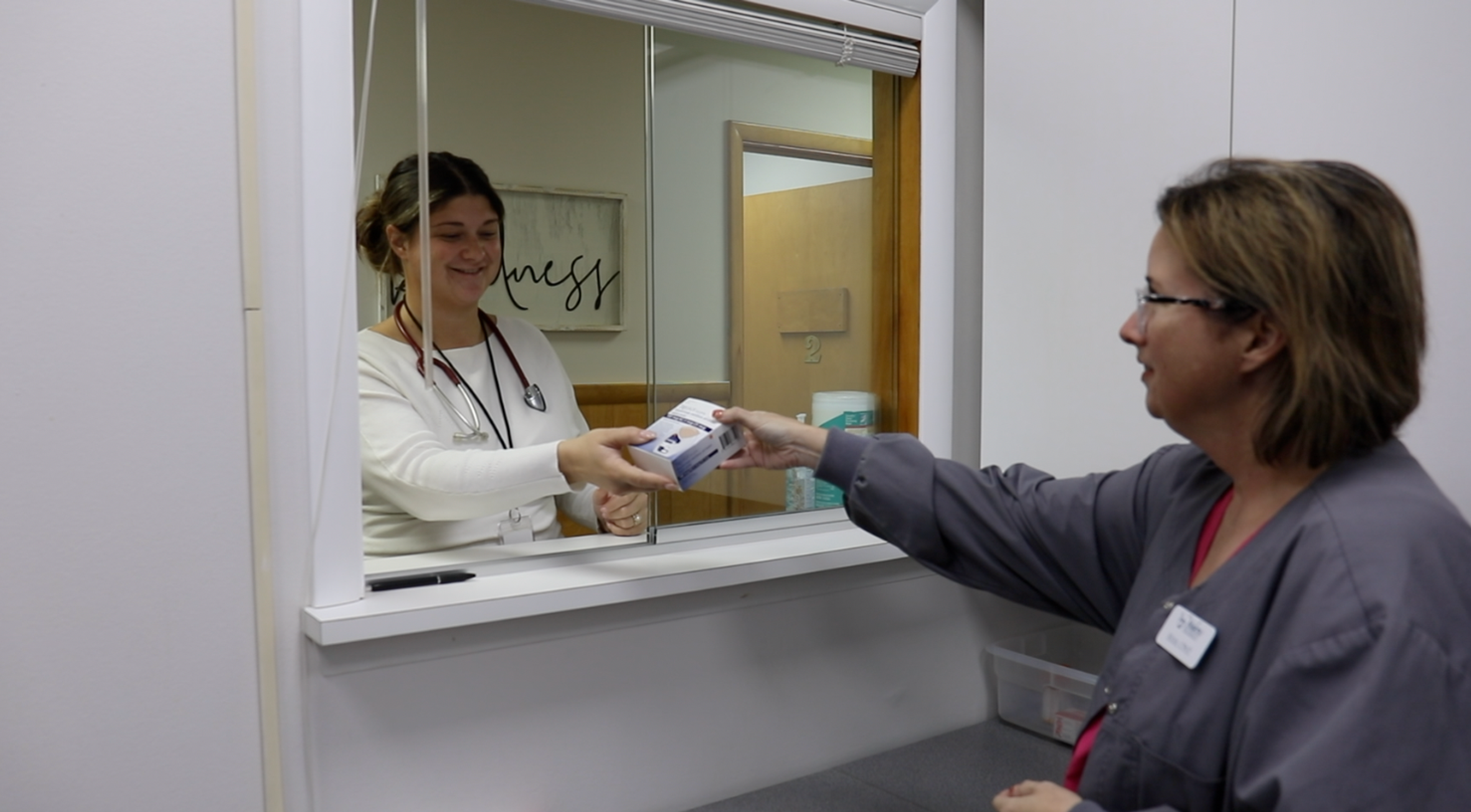
January is a perfect time to implement change. But ambitious fitness goals, paired with crash diets, can be a recipe for disaster. Avoid unhealthy behaviors by choosing a realistic approach to nutrition. Dieting has a negative connotation that elicits fear and dread. It’s often a drastic adjustment, which makes it difficult to adhere to. So, let's eliminate the concept all together. Instead of focusing on impractical restrictions, aim for sustainable habits that improve your eating over time. The first step to making positive change is setting a goal. What do you want to achieve this year? “Do you want to fit in your clothes better,” asks Susan Okonkowski, registered dietitian and healthcare manager at Blue Cross Blue Shield of Michigan. “Do you want to run a marathon? Do you want to lift more weights?” On the latest episode of the A Healthier Michigan Podcast, hosted by Chuck Gaidica, he and Okonkowski discuss how to make your health resolutions a reality. [podcast_player] Nutrition isn’t as complicated as some might think. A general rule of thumb is to have balanced meals consisting of carbohydrates, protein and a small amount of fat. “Try to pick proteins that are healthier, like lean proteins, chicken breast,” explains Okonkowski. “If you aren’t eating meats, lentils and beans are all really, really good sources. Always try to get [protein] from food first before going to supplements.” The combination of a clean diet and regular exercise is guaranteed to bring change, but one is much more impactful than the other. “You're going to see the results way more with eating than you are working out,” said Okonkowski. “There is no question. You can't outrun your fork.” That’s why meal planning is such a vital part of any nutrition program. “Oftentimes, if you are working during the week, especially with families, you get busy and… all of a sudden you have to make dinner and the kids need help. The more you can set yourself up for success early on… the better it's going to be,” Okonkowski explained. Unfortunately, there isn't a diet or silver bullet that will work for everyone. But meal prepping and accountability tools such as apps and fitness trackers are valuable resources. They can be used to record food consumption, physical activity, and build grocery lists. There are so many options at your disposal. Make the most of them. If you found this post helpful, you might also enjoy:
Photo credit: undefined undefined





